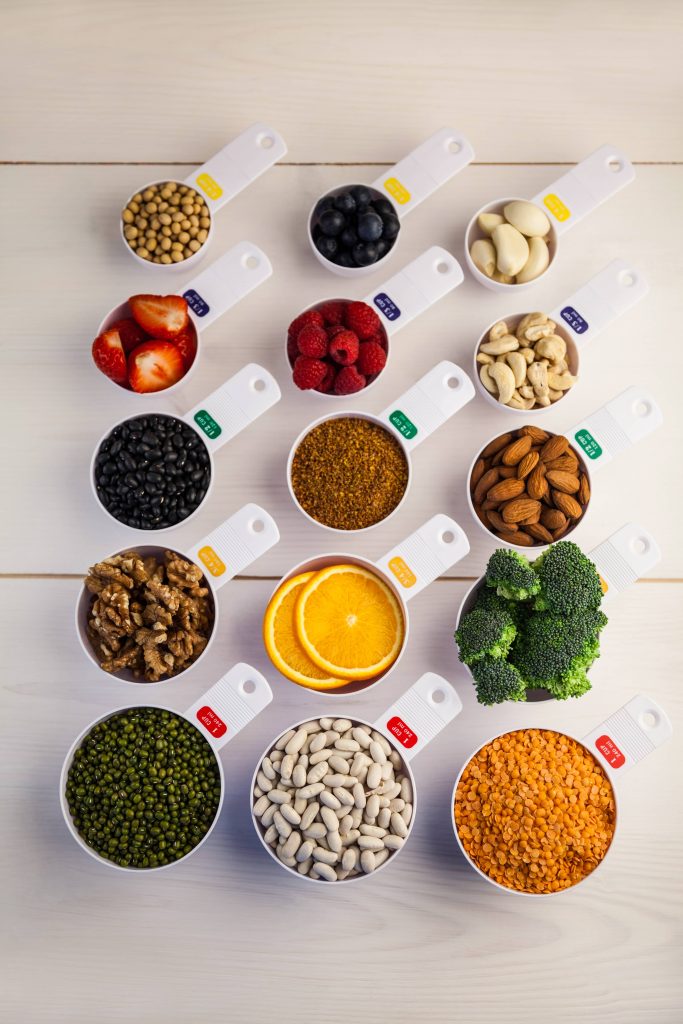
In recent years, the plant-based diet has gained significant popularity, not just among those who are ethically inclined towards animal welfare, but also among individuals seeking a healthier lifestyle. One of the most compelling reasons people turn to a plant-based diet is for weight loss. This dietary approach, which emphasizes whole, plant-based foods, can be an effective and sustainable way to shed pounds and improve overall health. In this blog post, we will explore how a plant-based diet can aid in weight loss, the benefits it offers, and practical tips for making the transition.
Understanding a Plant-Based Diet
A plant-based diet primarily focuses on foods derived from plants. This includes not only fruits and vegetables, but also nuts, seeds, oils, whole grains, legumes, and beans. It doesn’t necessarily mean that you are vegetarian or vegan and never eat meat or dairy. Rather, you are proportionately choosing more of your foods from plant sources.
How a Plant-Based Diet Promotes Weight Loss
1. Low in Calories, High in Nutrients: Plant-based foods are generally lower in calories compared to animal products. They are also rich in essential nutrients, fiber, and antioxidants. This means you can eat larger portions without consuming a lot of calories, which is beneficial for weight loss.
2. High Fiber Content: Fiber is crucial for weight loss as it helps you feel full longer, reducing the likelihood of overeating. Plant-based diets are naturally high in fiber, which aids in digestion and helps maintain a healthy weight.
3. Reduced Caloric Density: Foods that are low in caloric density allow you to eat more without consuming too many calories. Vegetables, fruits, and whole grains are examples of low-calorie-dense foods that are staples in a plant-based diet.
4. Improved Metabolism: Some studies suggest that plant-based diets can boost metabolism, helping the body burn calories more efficiently. This is partly due to the thermic effect of food, which is higher in plant-based foods.
5. Lower Fat Intake: Plant-based diets tend to be lower in fat, particularly saturated fat, which is commonly found in animal products. Lower fat intake can contribute to weight loss and improved heart health.
Benefits Beyond Weight Loss
While weight loss is a significant benefit of a plant-based diet, there are numerous other health advantages:
– Reduced Risk of Chronic Diseases: A plant-based diet can lower the risk of heart disease, hypertension, type 2 diabetes, and certain cancers.
– Improved Digestive Health: The high fiber content aids in digestion and promotes a healthy gut microbiome.
– Better Blood Sugar Control: Plant-based diets can help stabilize blood sugar levels, reducing the risk of insulin resistance.
– Enhanced Energy Levels: Many people report increased energy levels and improved mood when following a plant-based diet.
Transitioning to a Plant-Based Diet
Switching to a plant-based diet can be a significant lifestyle change, but it doesn’t have to be overwhelming. Here are some tips to help you make the transition smoothly:
1. Start Slow: Begin by incorporating more plant-based meals into your diet gradually. You might start with one plant-based meal a day and increase from there.
2. Experiment with New Recipes: Explore different cuisines and recipes to find plant-based meals you enjoy. There are countless delicious and satisfying plant-based dishes to try.
3. Focus on Whole Foods: Aim to consume whole, unprocessed foods as much as possible. This means choosing whole grains, fresh fruits and vegetables, and avoiding processed plant-based products.
4. Plan Your Meals: Planning your meals in advance can help ensure you have the necessary ingredients on hand and prevent last-minute unhealthy food choices.
5. Educate Yourself: Learn about plant-based nutrition to ensure you’re getting all the essential nutrients your body needs. Consider consulting with a nutritionist if you’re unsure.
6. Stay Hydrated: Drinking plenty of water is important for overall health and can aid in weight loss by helping you feel full.
7. Listen to Your Body: Pay attention to how your body responds to different foods and adjust your diet accordingly. Everyone’s nutritional needs are different.
Common Misconceptions
There are several misconceptions about plant-based diets that can deter people from trying them:
– Protein Deficiency: Many people worry about not getting enough protein on a plant-based diet. However, there are plenty of plant-based protein sources, such as beans, lentils, tofu, and quinoa.
– Lack of Variety: Some believe that plant-based diets are boring or lack variety. In reality, they offer a wide range of flavors and textures, and the possibilities are endless.
– Expensive: While some plant-based products can be pricey, a plant-based diet can be affordable if you focus on whole foods like grains, beans, and seasonal produce.
Conclusion
Adopting a plant-based diet can be a powerful tool for weight loss and overall health improvement. By focusing on whole, nutrient-dense foods, you can achieve and maintain a healthy weight while enjoying a variety of delicious meals. Remember, the key to success is making gradual changes, listening to your body, and finding a balance that works for you. Whether you’re looking to lose weight or simply improve your health, a plant-based diet offers numerous benefits that can enhance your quality of life.










